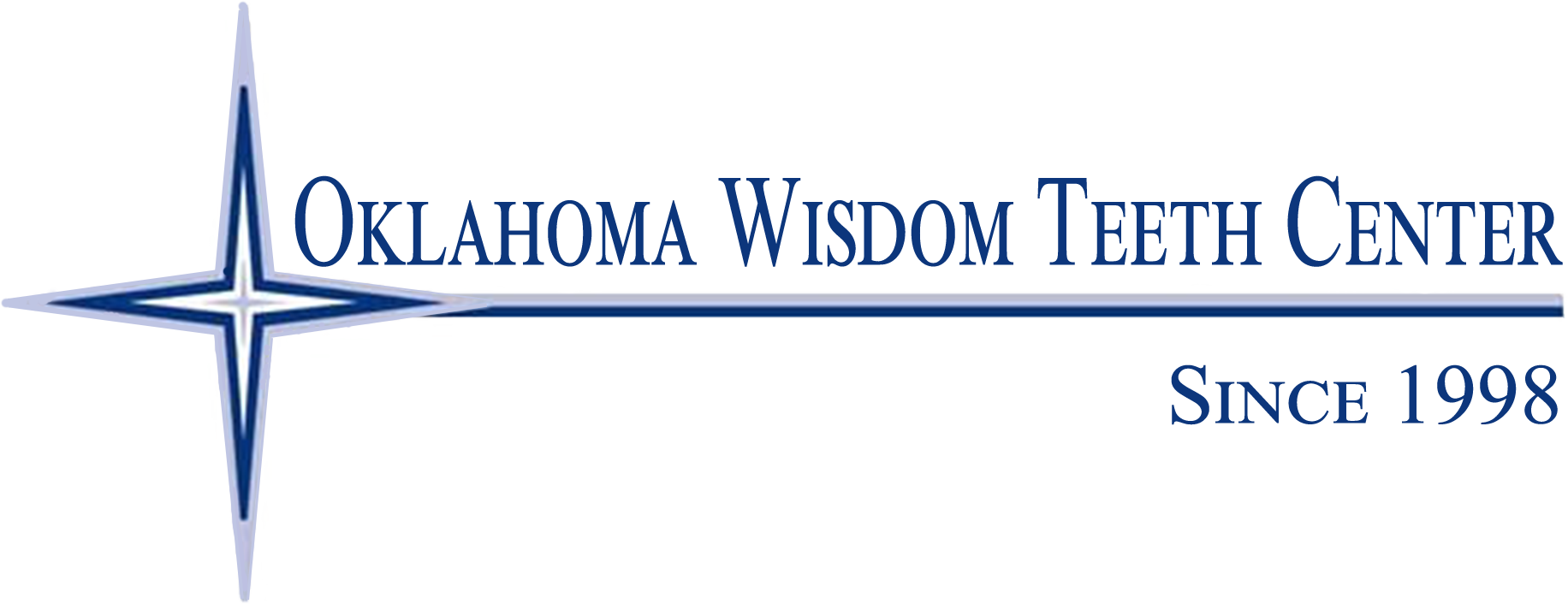After Extractions
Recovery after a tooth extraction should only last for a couple of days, but there are certain steps that you can take to speed up the healing process.
Bleeding
After your extraction, a blood clot should form in order to stop the bleeding and initiate the healing process. For this reason, you’ll be asked to bite onto a gauze pad for up to 45 minutes following the appointment. If the bleeding continues after this time period, use another gauze pad to bite firmly for an additional 30 minutes. You might need to do this several times before the bleeding stops.
The blood clot is essential in the healing process, so it is important that you don’t do anything to dislodge or disrupt it. Not only will healing be delayed, but you can also cause the wound to start bleeding again. To protect the clot:
• Don’t rinse out your mouth vigorously
• Avoid using straws when drinking for at least 72 hours
• Avoid drinking alcohol and smoking for several days following your procedure
• Limit exercise for the first 24 hours, as this increase in blood pressure could cause bleeding at the extraction site and may damage the clot

More Information
If you are experiencing severe pain, swelling, or heavy bleeding for 2–3 days after extractions, or if you think you are reacting poorly to the medication you were prescribed, please call our office right away. Likewise, if your child goes through an extraction and experiences any of these symptoms, or vomiting, nausea and fever, be sure to contact us immediately.
Your Title Goes Here
Your content goes here. Edit or remove this text inline or in the module Content settings. You can also style every aspect of this content in the module Design settings and even apply custom CSS to this text in the module Advanced settings.
Pain And Swelling
After you have gone through an extraction, you will likely experience some pain and discomfort along with swelling. Try using an ice pack or a bag of frozen vegetables in order to deal with the swelling, as you can place it along the side of your face. Swelling should usually go away within 48 hours after extractions.
If you are prescribed any pain medication, it is important to take it as prescribed. If you notice that the medication isn’t working as it was intended, feel free to call our office. You may also need to take antibiotics, and if they were prescribed, be sure to take them for the entire duration as instructed, even if your symptoms of infection go away before you’ve finished.
If bleeding still continues, try switching out the gauze pad for a moist tea bag, and bite down on this for 30 minutes. It is believed that the tannic acid found in the tea can help to form a clot, as it will constrict the bleeding vessels. You can also help to control the bleeding by sitting upright and avoiding exercise.
If after all of this you are still experiencing excessive bleeding, call our office for additional instructions.>
Other Tips For Caring For Your Mouth
Even if you are able to control the bleeding, pain, and swelling after extractions, there are a few other steps that you’ll need to take in order to promote healing:
• Drink plenty of water and eat healthy, soft foods on the day of your procedure. Once you feel comfortable, you can return to your normal diet.
• After 24 hours, get back into your normal dental routine. This will include daily brushing and flossing, as a clean and fresh mouth will be better prepared for quick healing.
• Feel free to start resuming your normal activities in a day or two, depending on how you’re feeling.
To ice your face, fill up two small bags with ice and apply them to the sides of the face where the surgical procedure was performed. Place them on your face for 20 minutes each hour for the initial 24 hours following the surgery. After the first day, ice won’t do any good in preventing swelling.
If your swelling persists for several days, you shouldn’t be concerned, as this is simply a normal reaction to an oral surgery. After 24 hours, you can use moist heat on the sides of your face, as this could be helpful in reducing swelling.
Get In Touch With Our Tulsa Oral Surgeon!
We are looking forward to meeting you.
Fax: (918) 491-6999
Address: 7316 E 91st St, Tulsa, OK 74133
